I wrote this article for a few reasons. Firstly, my friend ask me to, because people all seem to store their fruits differently and which makes it hard to know which ways are the right ways. I leave my cherries on the counter, my aunt leaves them in the fridge. I keep all my apples in the fridge, my mom leaves them on the counter. And secondly, I wrote this knowing storing fruit properly reduces food waste, which is something worth advocating for.
Food waste is a huge issue for our country and our planet. Americans waste about one third of our available food every year which is nothing short of f***ed up. Some people fight food waste with the campaign for market and restaurants to retain and sell more (or any) “ugly fruit.” It is an admirable effort—and one that absolutely helps the cause—but there are too many people still being wasteful. Anyone can be part of the problem, or part of the solution.
Stop wasting food and get the most out of your fruit, even if it’s ugly.
Apples
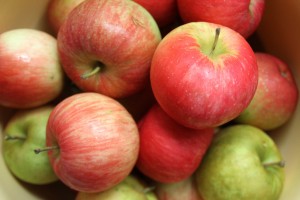
Photo by Maggie Gorman
Apples ripen the slowest at 30-32 degrees. They produce a lot of ethylene so they also tend to ripen other fruit if you place them nearby. You can make mini apple pies inside apples. Inception.
Where to store them: in the coolest part of your fridge in a plastic bag with holes. Fill up about 3/4 of the space with the apples, leaving 1/4 of the space available for the air circulation. The plastic bag helps for humidity control because fridges often have low humidity.
They can last: 1-12 months, depending on how favorable you make the apples’ conditions.
Oranges
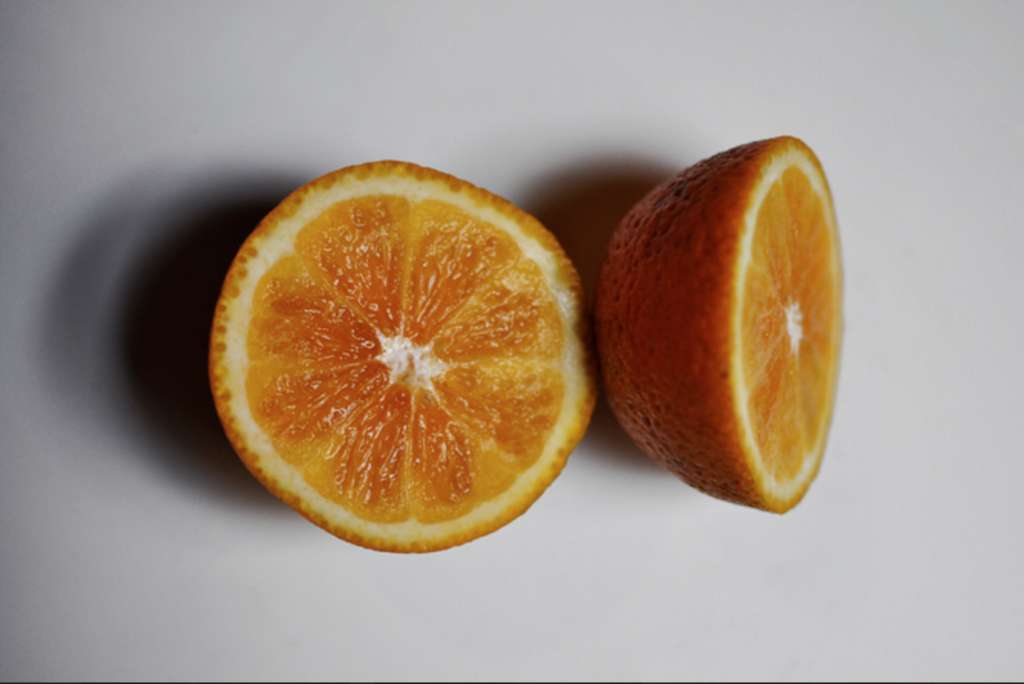
Photo by Jenny Georgieva
Oranges don’t continue to ripen after they’ve been picked, and should be stored between 40-45 degrees. Learn how to peel them the right way.
Where to store them: on the counter if you plan on eating them within the week. Otherwise, throw them in the fridge near the front. They’re not sensitive to ethylene so they won’t ripen any faster near apples or bananas.
They can last: 1 week on the counter and 2-3 weeks longer in the fridge.
Bananas
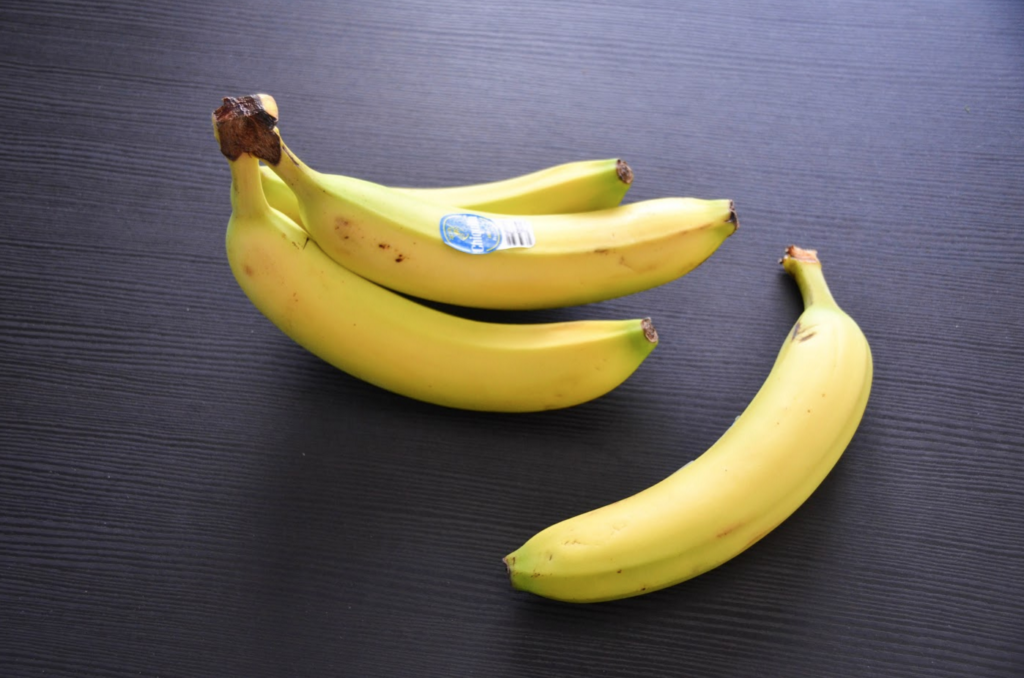
Photo by Jocelyn Hsu
Bananas thrive between 56-60 degrees and produce ethylene (but not as much as apples). They do continue to ripen after they’ve been picked, so placing them in the fridge will make them less flavorful and change their texture.
Where to store them: on the counter until fully ripe. After that, you can refrigerate them to extend the shelf life if you still haven’t eaten them. Or keep them on the counter and make chocolate chip banana bread with the extra ripe ones.
They can last: 2-5 days on the counter and 5-7 days longer in the fridge.
Avocado
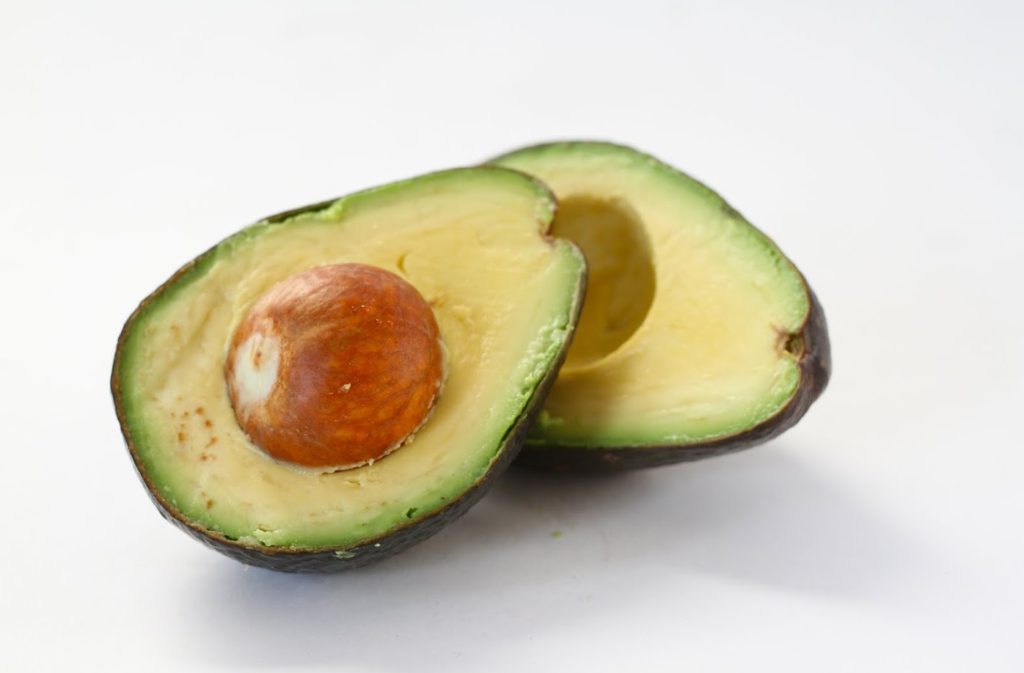
Photo by Sarah Silbiger
Avocados are in the same boat as bananas. They’ll continue to ripen while sitting on the counter and they are very sensitive to ethylene. They thrive in 38-45 degrees. They also thrive on top of toast.
Where to store them: on the counter until they’re ripe, then move to the fridge near the front. Also, if you put an unripe avocado next to an ethylene producing fruit, such as apples, it will ripen much quicker and potentially spoil if you don’t pay attention.
They can last: 4-7 days on the counter or 3-5 days in the fridge once they are ripe.
Blueberries
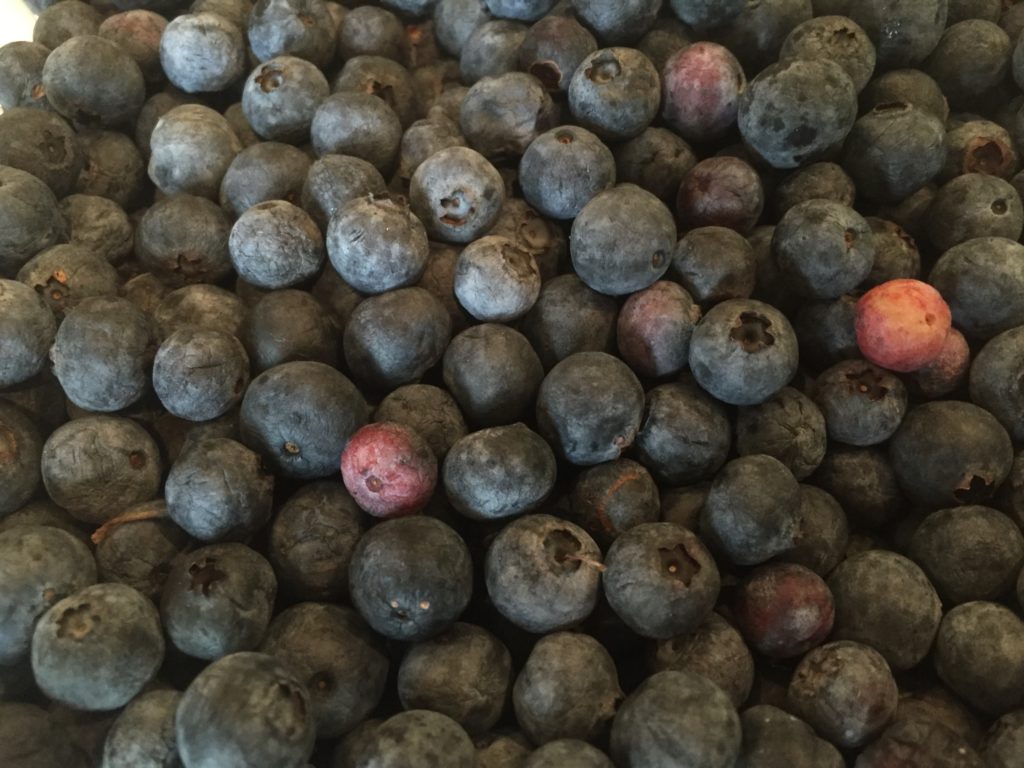
Photo by Nicole Witte
Blueberries should be stored at a temperature between 32-35 degrees, and they won’t ripen further after being picked so they won’t taste any better if left on the counter. They will taste better if you turn them into sorbet.
Where to store them: in the fridge in the back/top where it’s colder to keep them fresh the longest.
They can last: 2-6 weeks.
Blackberries
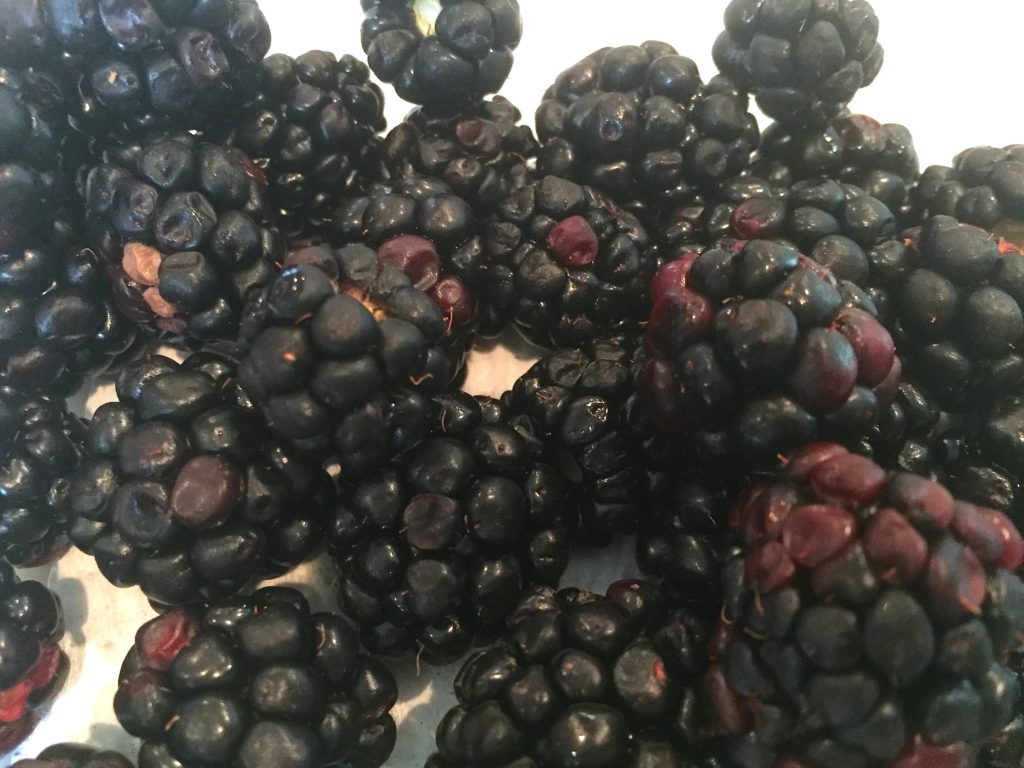
Photo by Nicole Witte
Another berry that thrives in 32-33 degree conditions because the ripening process ends when they are picked. However, the margarita process picks up where the ripening process drops off.
Where to store them: in the fridge near your blueberries (or in the same area that you would put your blueberries if you hadn’t eaten them already).
They can last: about 3 days. They have a very short shelf life before they begin to mold so eat them sooner rather than later.
Strawberries
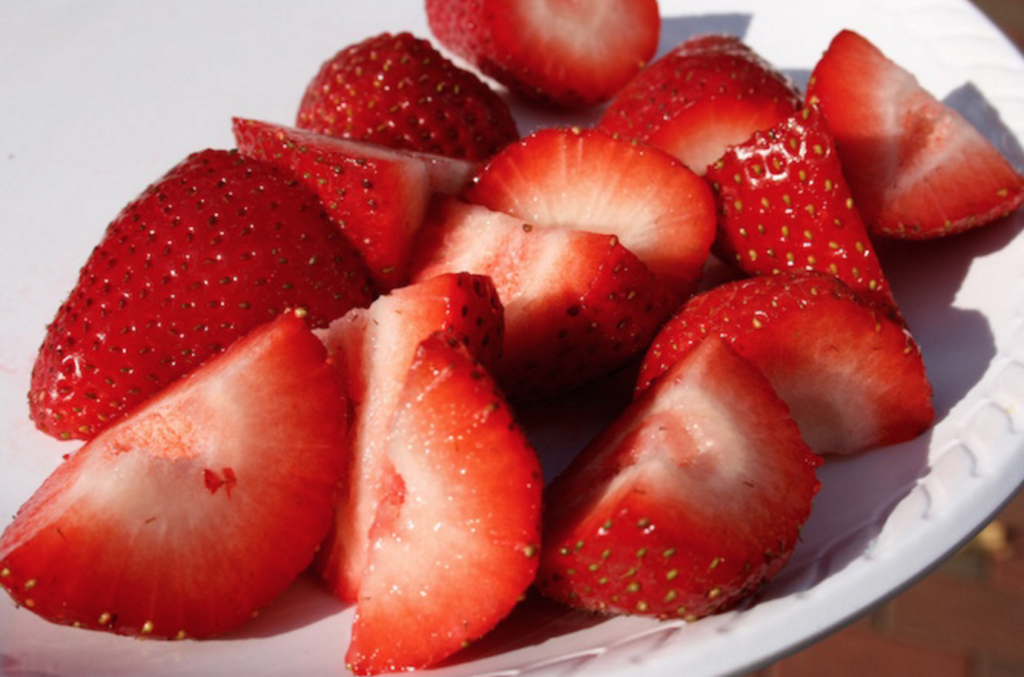
Photo by Torey Walsh
More berries, same deal. They need that 32 degree temp and they also need to be stuffed with cream cheese.
Where to store them: in the coldest area of the fridge.
They can last: 3-7 days in the fridge.
Raspberries
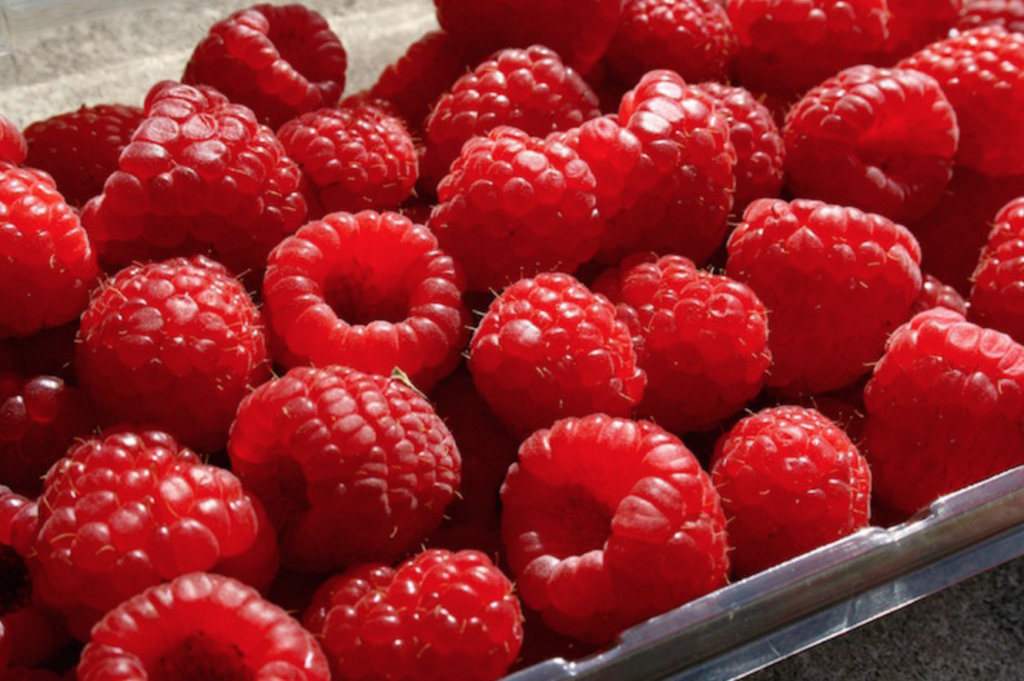
Photo by Torey Walsh
Optimal temp for these berries is (shocker) between 31-32 degrees. Put them with their berry friends. Also put them in mojitos.
Where to store them: in the fridge with their friends.
They can last: about the same as their close cousin blackberries for 2-3 days.
Cherries
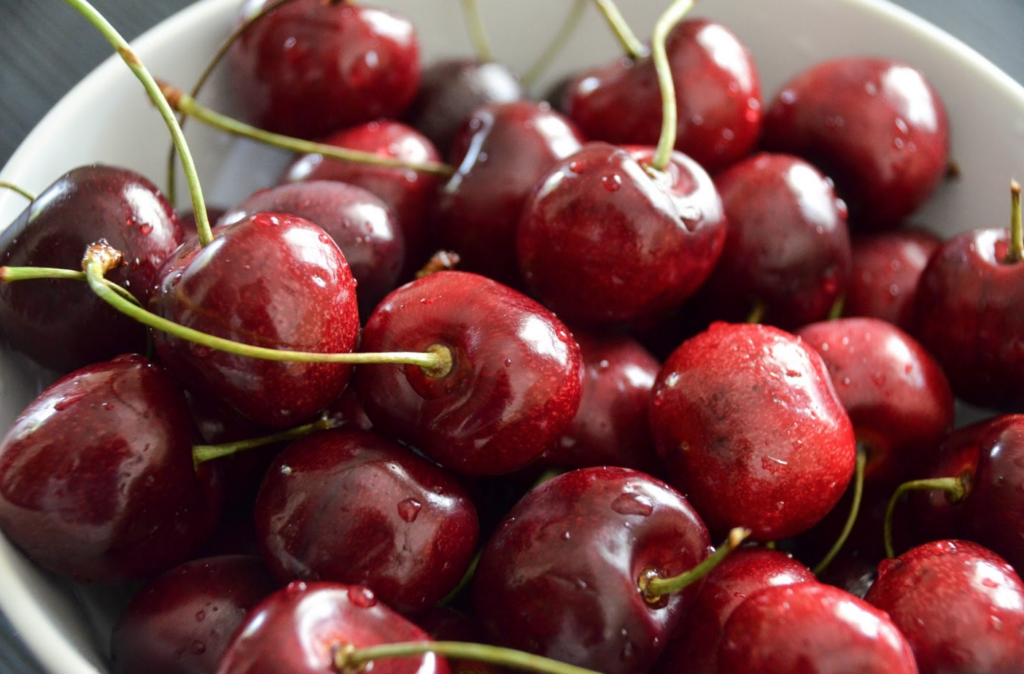
Photo by Jocelyn Hsu
They do best in the 32 temperature range—also moisture accelerates their decay so don’t wash them until you want to eat them. Eating them can help you have a better night’s sleep.
Where to store them: in the fridge for the longest shelf life.
They can last: 4-7 days, or 2-3 weeks if they are sweet cherries.
Tomatoes
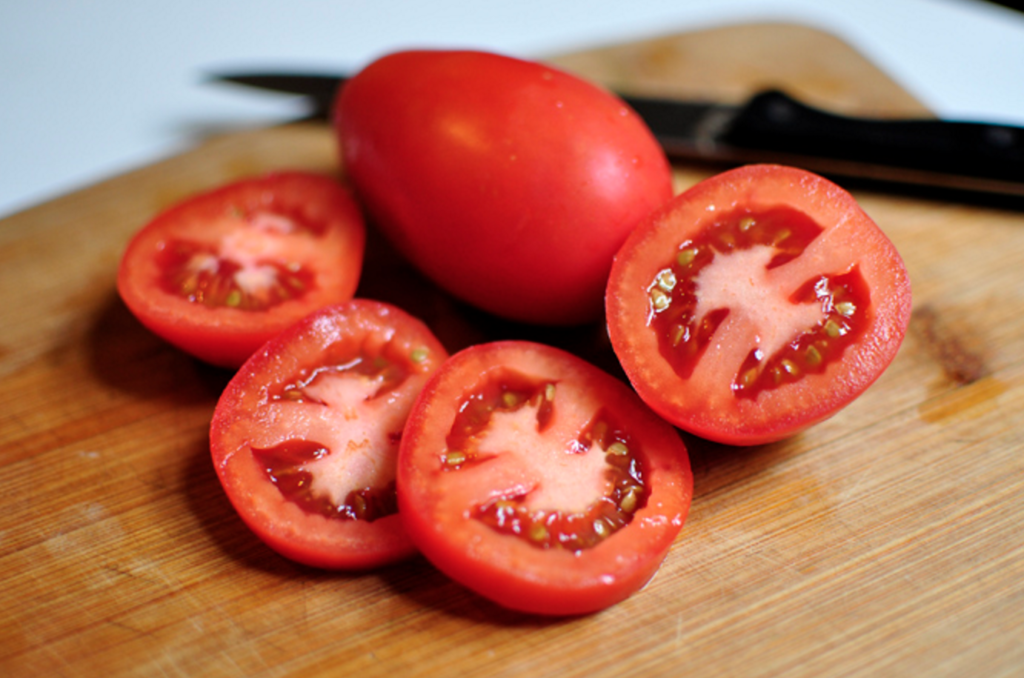
Photo by Jenny Georgieva
First of all, let’s not get into it. Tomatoes are fruits because, botanically speaking, the definition of a fruit is seed-bearing item which tomatoes are. They fare best between 55-70 degrees. They also fare best when they are made into soup and have grilled cheese sandwiches dipped into them.
Where to store them: on the counter because putting them in the fridge will actually ruin that classic, beautiful tomato flavor.
They can last: 4-7 days (you can put them in the fridge for an extra week if you need to).
Peppers
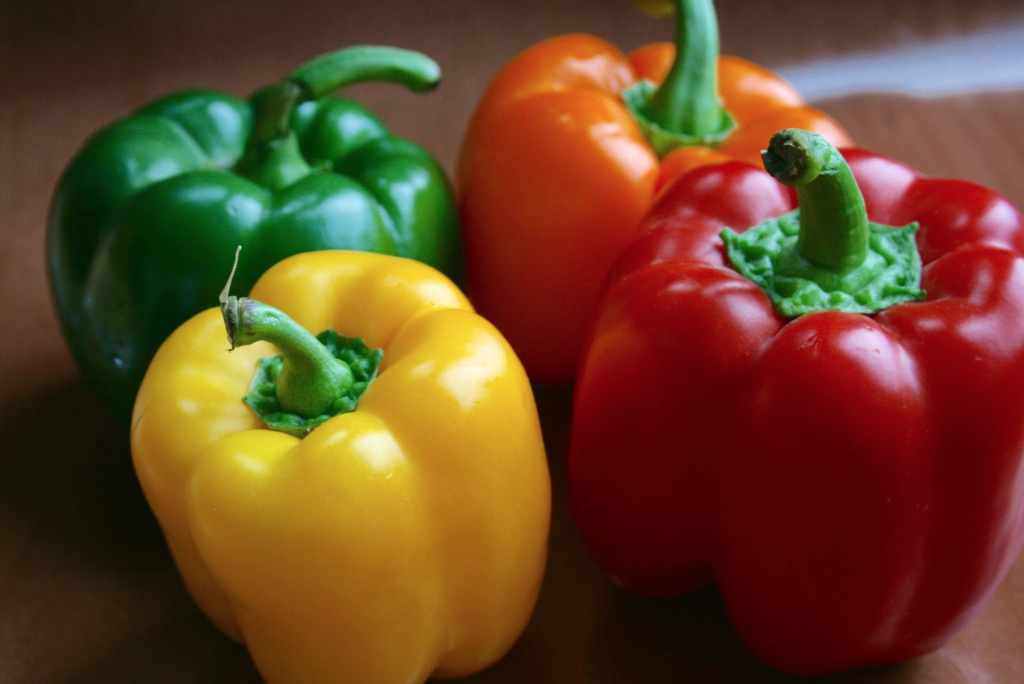
Photo by Torey Walsh
For the fruit vs vegetable argument, see tomatoes above. Peppers do best in 45-55 degrees. Try stuffing them when you want to pretend you’re eating a vegetable.
Where to store them: in a plastic bag towards the front of the fridge.
They can last: 1-3 weeks.
Peaches
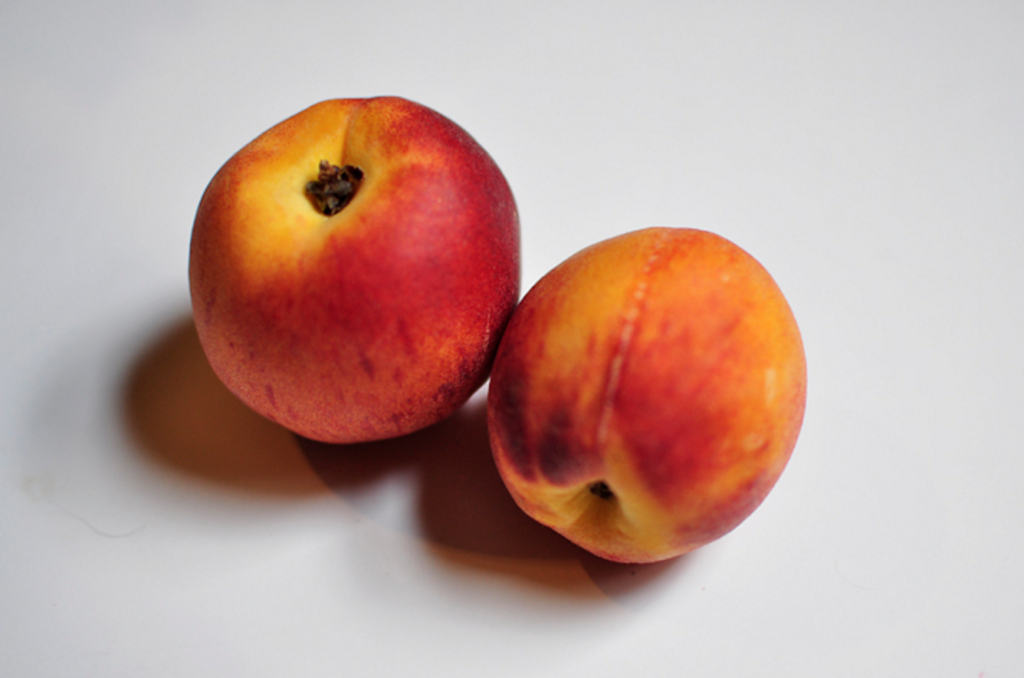
Photo by Jenny Georgieva
These do best in 31-32 degrees and fun fact, they produce a lot of ethylene as well. For each one you eat raw, you should make another into dessert.
Where to store them: in the fridge as soon as they are ripe.
They can last: 2-4 weeks.
Pears
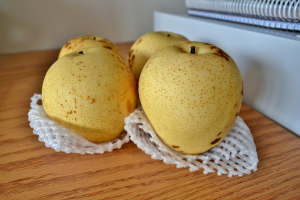
Photo by Diana Situ
Nothing is better than a ripe pear with cheese, am I right? These do best at 29-31 degrees (once they’re ripe).
Where to store them: on the counter if you plan to eat them within a week and they are ripe. Otherwise, store them for several weeks in the fridge once they’re ripe.
They can last: between 2-7 months (wow).
Lemons
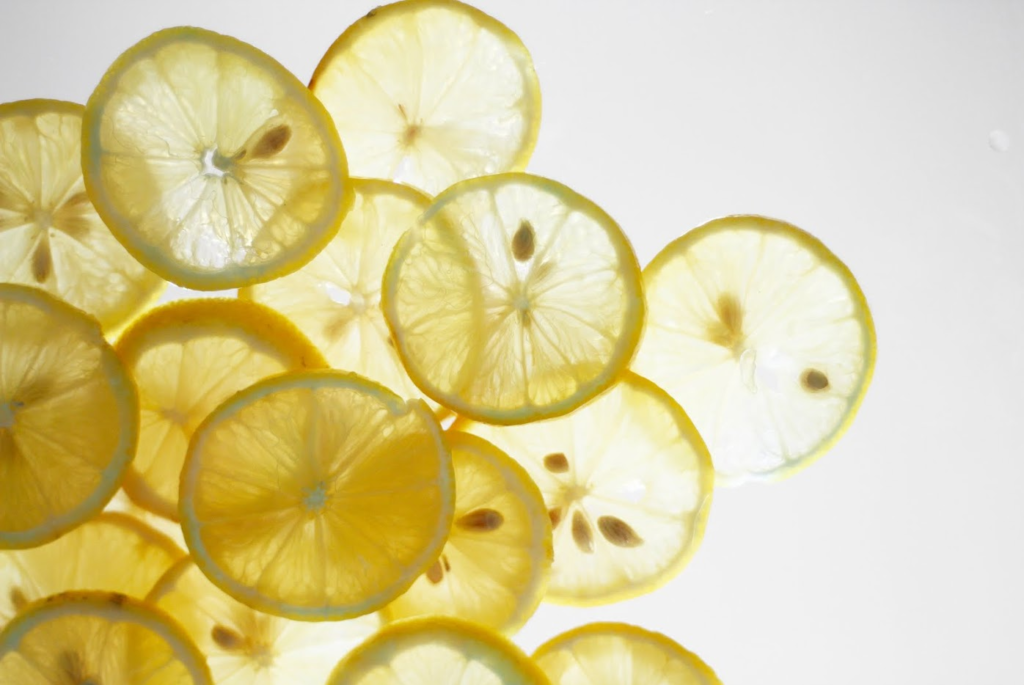
Photo by Sarah Silbiger
Lemons like 52-55 degrees and are great for so many things—well worth the effort of proper storage.
Where to store them: on the counter if you’re going to use them within the week. You can extend the shelf life in the fridge if you want.
They can last: 1-3 weeks depending on where you put them.
Limes
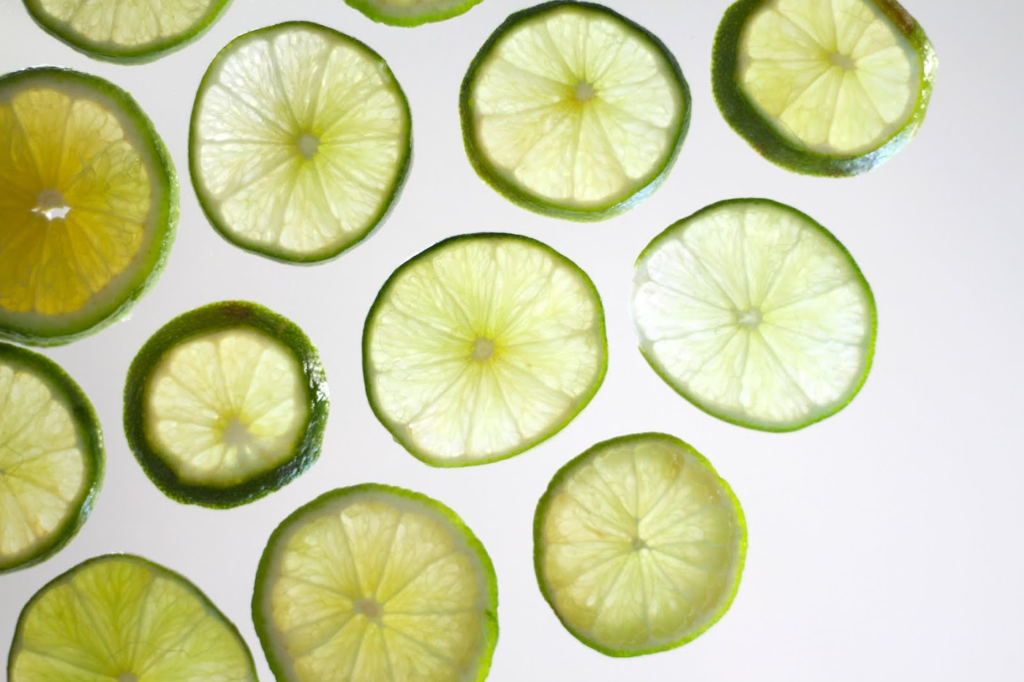
Photo by Kate Zizmor
Keep them in 48-55 degrees. Use them to make margaritas.
Where to store them: on the counter, but put them in the fridge at the end of the week.
They can last: 1-4 weeks depending on where you put them.
Cantaloupe
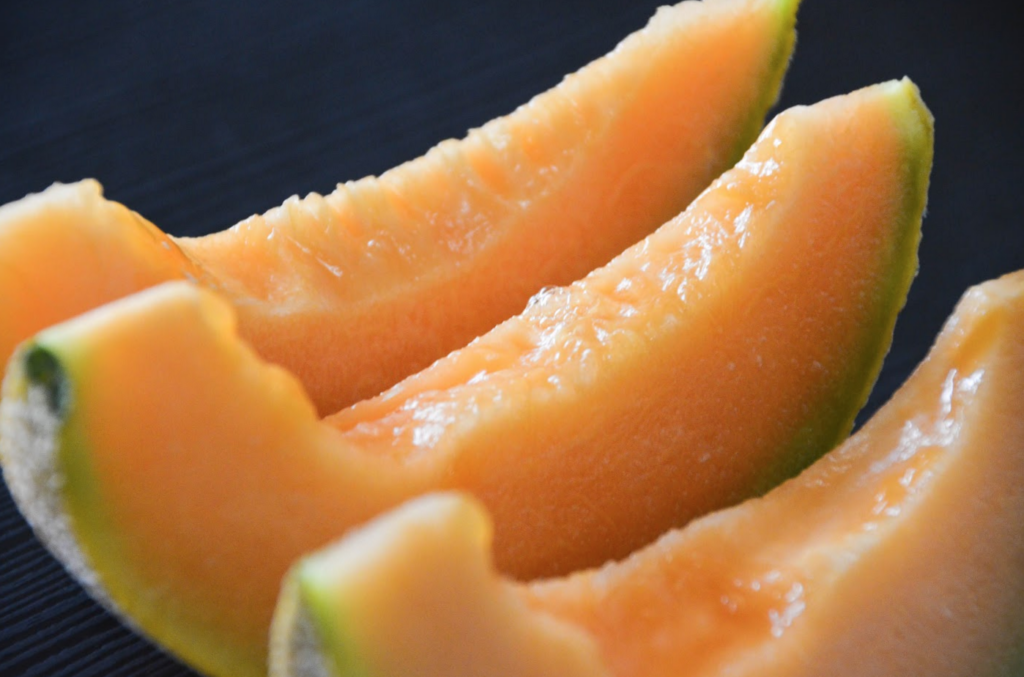
Photo by Jocelyn Hsu
These do best at 50-55 degrees. These are my favorite type of melon, if you were wondering.
Where to store them: on the counter and put them in the fridge when they are ripe.
They can last: 2-4 days on the counter and about 10 days longer once they’re ripe.
Honeydew
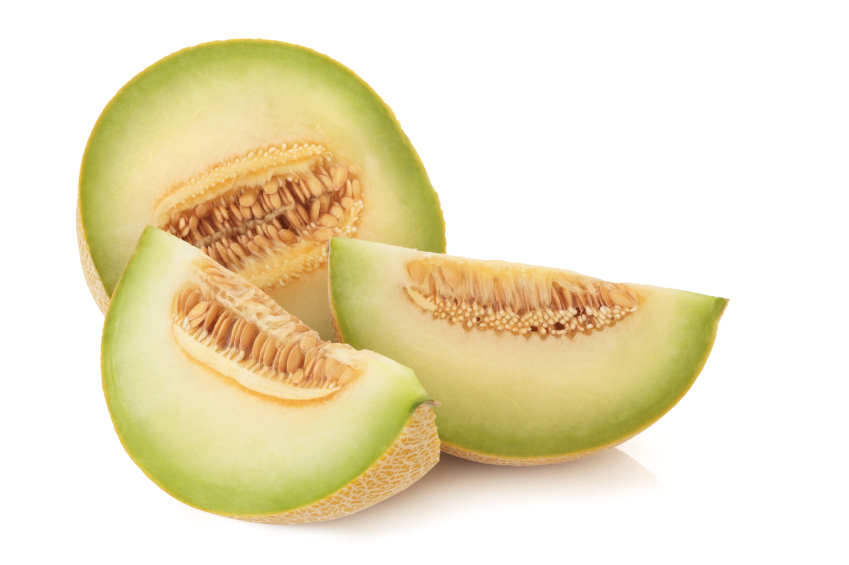
Photo courtesy of fanpop.com
People have differing opinions on these, some negative, some positive. Do you love them or hate them?
Where to store them: on the counter and put them in the fridge when they are ripe.
They can last: 2-4 days on the counter and about 7 days longer once they’re ripe.
Watermelon
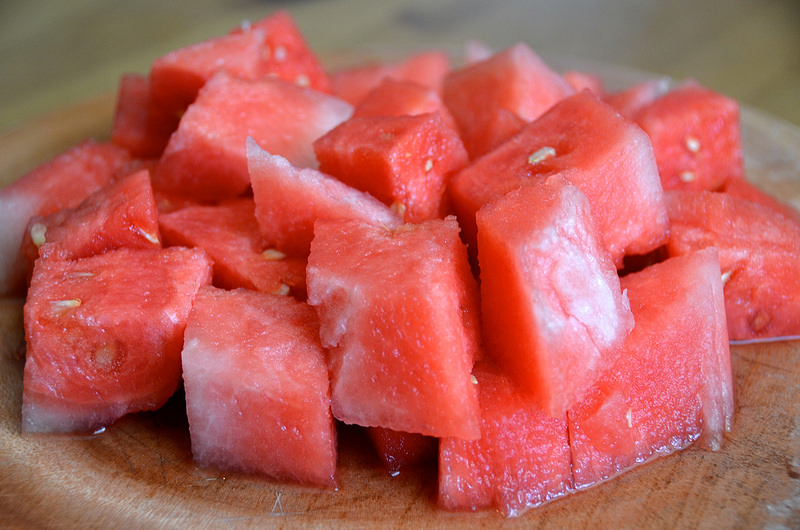
Photo by Kathleen Lee
Watermelons do well at 55-70 degrees—my house is about 65 so they do swell there. Fun fact: if you knock on the watermelon, you tell how ripe it is.
Where to store them: on the counter, if uncut.
They can last: a week on the counter or up to two weeks in the fridge.
Figs
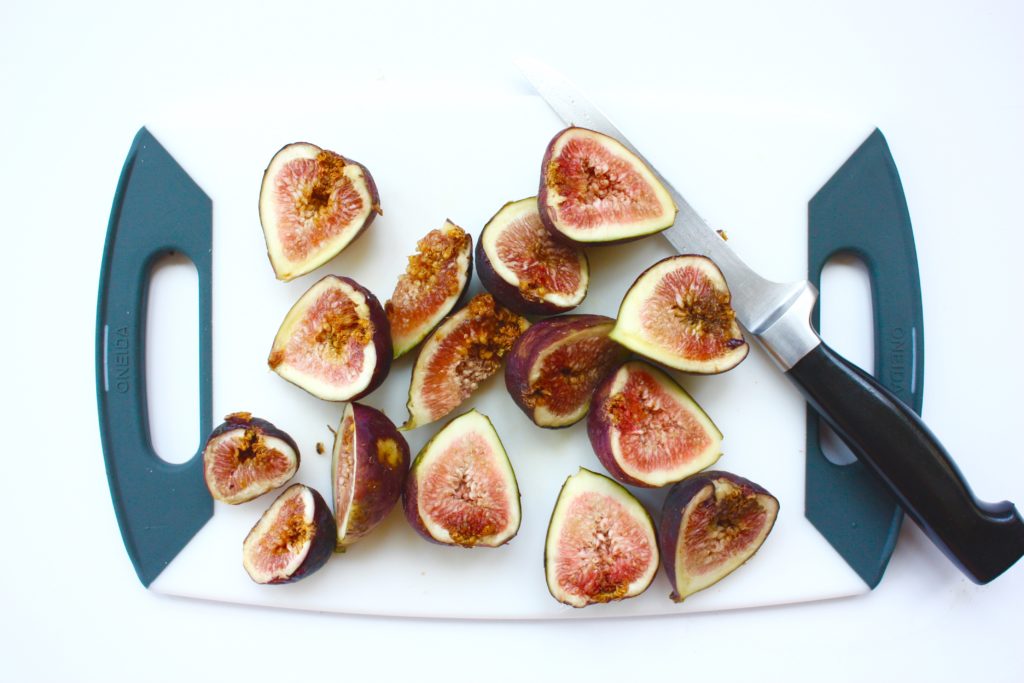
Photo by Kristine Mahan
These do best at 32-35 degrees. They also do best made on Meatless Mondays—add prosciutto, I promise you won’t regret it.
Where to store them: in the fridge, in the coldest part.
They can last: 1-2 days so eat them quickly.
Grapes
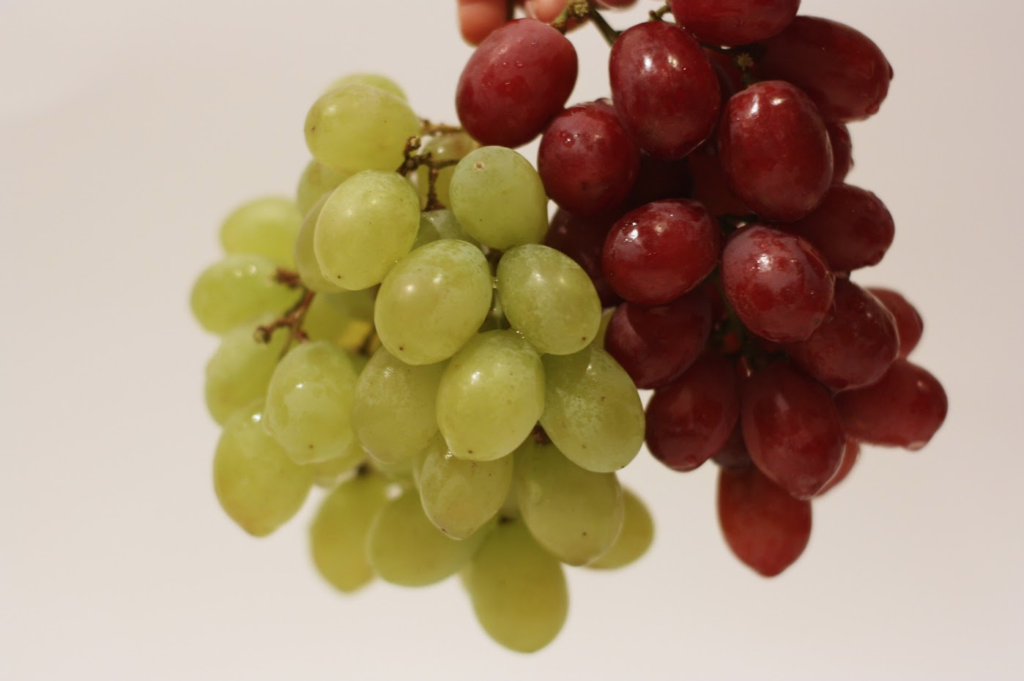
Photo by Kate Zizmor
These prefer 31-32 degree storage spaces. However, I personally think they are best frozen and placed in a glass of wine.
Where to store them: in the fridge, in the coldest part.
They can last: 2-8 weeks.
Papaya
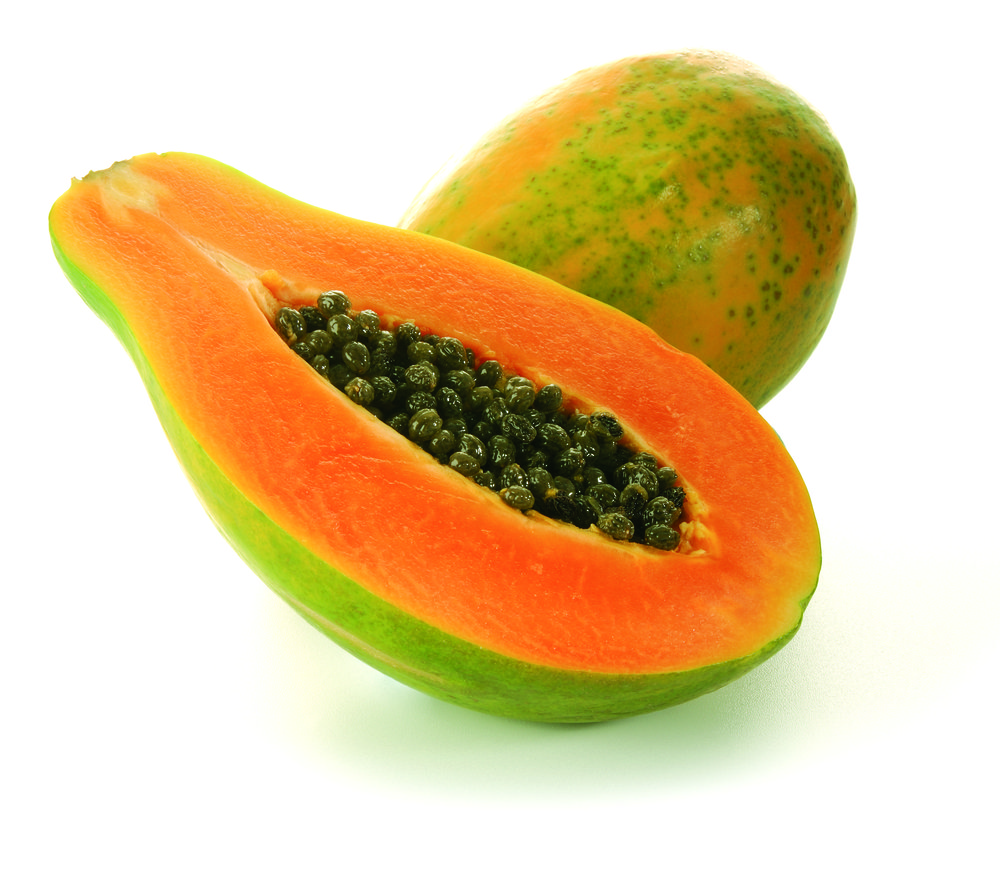
Photo courtesy of dreamatico.com
I feel like this is too public of a place to say that I had to ask my friend if this was a photo of a papaya because I have never eaten one before, but I’ll say it anyway. Apparently they do well in 50-55 degrees.
Where to store them: on the counter until ripe, then go to the fridge.
They can last: 2-5 days on the counter and 2-3 more days in the fridge.
Pineapple
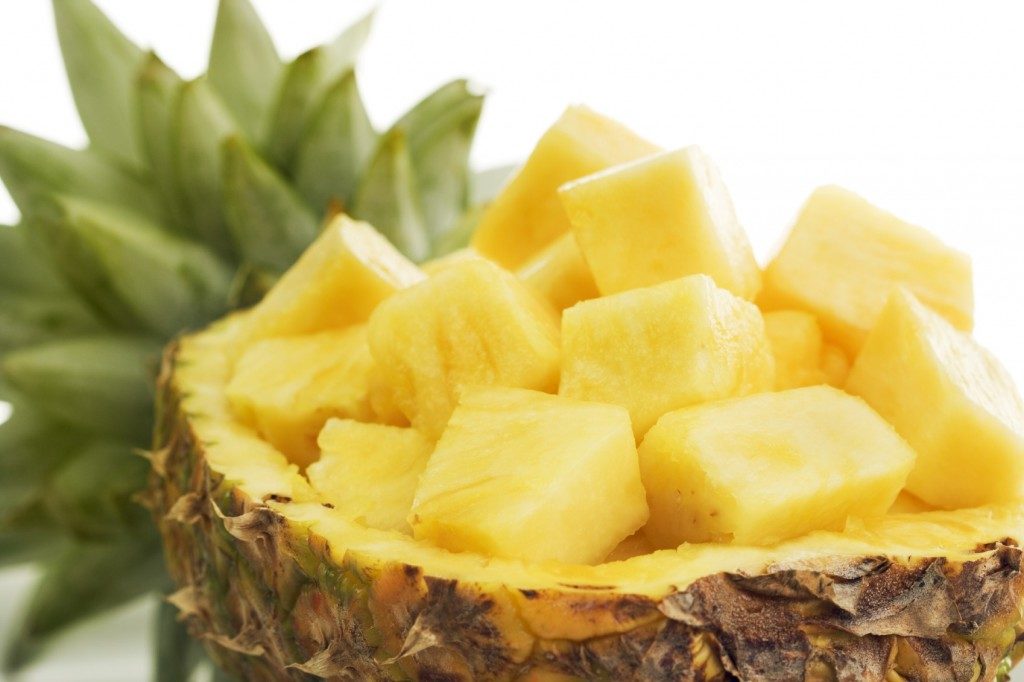
Photo courtesy of survivalcavefood.com
If you like piña coladas, their main ingredient like 50-55 degrees.
Where to store them: on the counter if not yet ripe, and then in the fridge.
They can last: 1-2 days on the counter and 3-5 days more in the fridge.
Kiwi
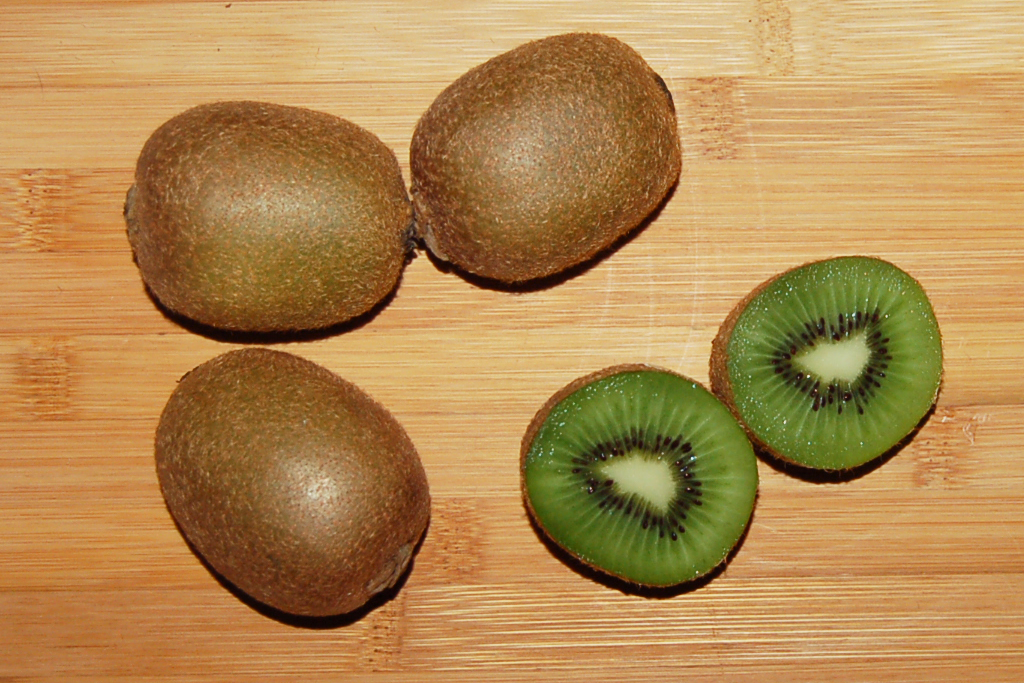
Photo by Caroline Liu
I don’t like kiwis but I included them for the many who do. Kiwis fare best at 32-35 degrees and are strongly affected by ethylene production.
Where to store them: on the counter if it’s not ripe yet, and then in the fridge.
They can last: 2-3 days on the counter and 5-7 more days in the fridge.
Kumquat
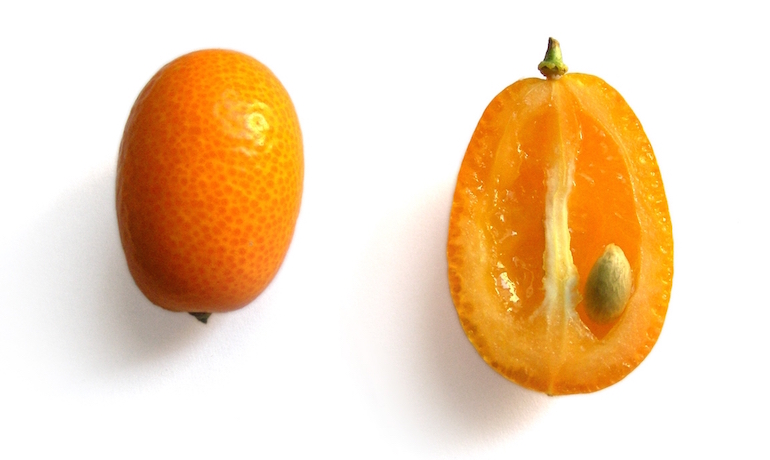
Photo courtesy of Wikimedia Commons
I had my first kumquat in a 7th grade history class. It was the only kumquat I’ve ever eaten, but it was a good day.
Where to store them: on the counter if you’re going to eat them within the week, but put them in the fridge at the end of the week if you need them to last longer.
They can last: 3-5 days on the counter or 2-3 weeks in the fridge.


